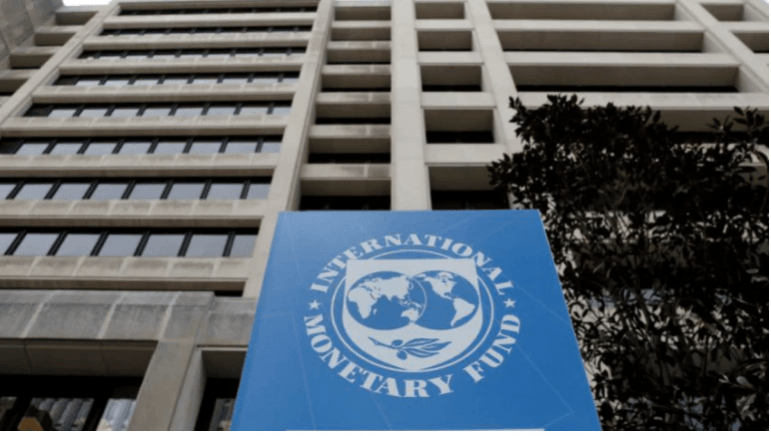As a result of Russia's invasion of Ukraine, the global economy will experience slower growth and greater inflation this year, according to the International Monetary Fund (IMF). As per the fund's World Economic Outlook, prospects have "worsened significantly," with nations closest to the conflict expected to be the hardest hurt. However, it warned that risks had increased across the board, boosting the likelihood of even weaker growth and faster price hikes, and casting doubt on the fund's prediction of a stronger recovery from the epidemic this year.
Global GDP growth is expected to be 3.6 per cent this year, down 0.8 percentage points from the IMF's January estimates and 1.3 percentage points lower than six months ago. Global growth is expected to be 6.1% in 2021, according to the fund. The IMF cautioned in a simulation that an immediate oil and gas ban against Russia would boost inflation, even more, harm European and emerging economies, and necessitate even higher interest rates, even in the United States.

India to also bear the brunt
In addition, the IMF lowered its forecast for India's GDP growth in the current fiscal year to 8.2%, down 0.8 percentage points from its prior estimate. According to the World Economic Outlook from the International Monetary Fund, India's economy will grow by 6.9% next year, putting it on track to be the fastest-growing big country over the following two years.
The IMF said Japan and India were experiencing "notable" growth estimate downgrades in Asia, owing to reduced net exports and weaker domestic demand, as well as rising oil prices, which are projected to dampen consumption and investment.

The IMF observed that rising food and fuel prices were affecting vulnerable populations, and interest rates were rising as central banks tightened monetary policy. Furthermore, the global economy was fragmenting as countries severed connections with Russia, "rules-based frameworks" were jeopardised, and pandemic-induced supply-chain disruptions in China were worsening supply-chain disruptions.








